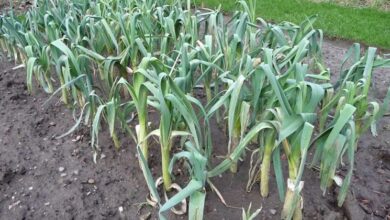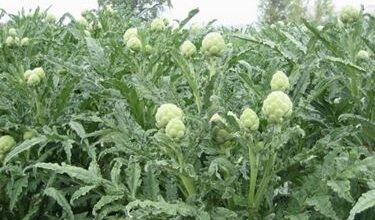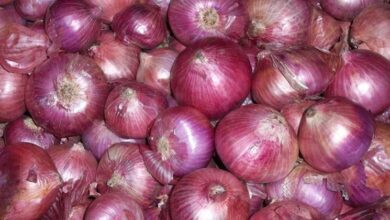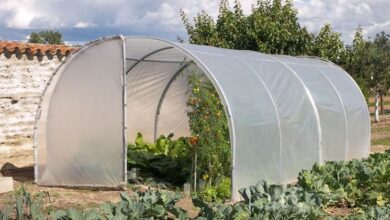Watermelon seeds
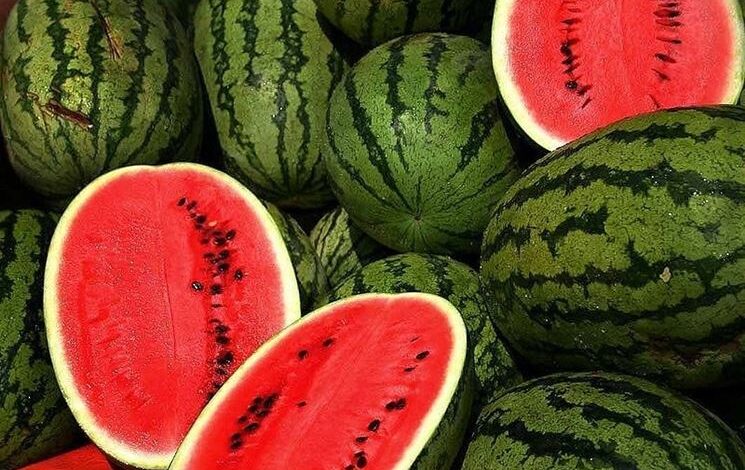
Watermelon seeds or watermelon seeds?
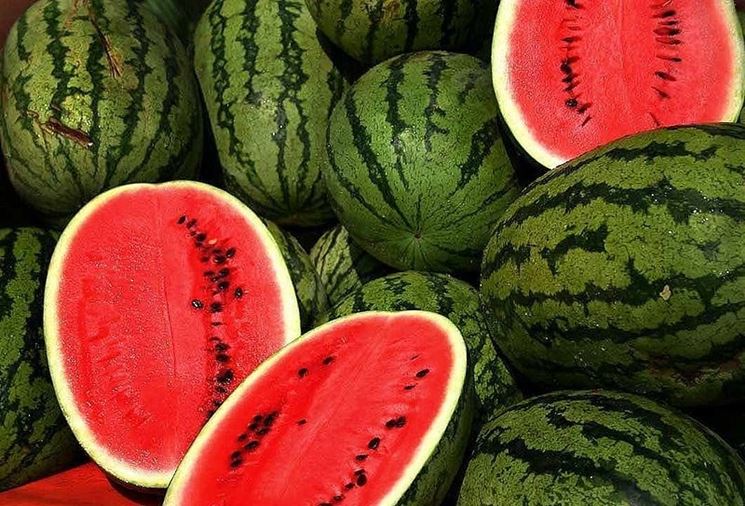
The nutritional properties of watermelon seeds
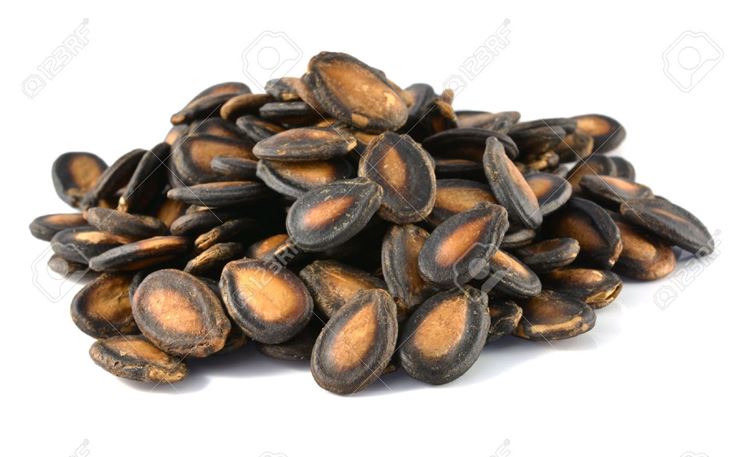
Tiny watermelon seeds have enormous health benefits. Their characteristic is that they are rich in nutrients such as fatty acids, essential proteins and minerals. One hundred grams of these seeds provide about six hundred grams of calories. Furthermore, watermelon seeds contain the B complex vitamins such as thiamin, niacin and folic acid. As for minerals, they are rich in magnesium, potassium, manganese, iron, zinc, phosphorus and copper. The oil extracted from watermelon seeds is used for skin and hair care. On the market they can be found already dried and ready to use. In Asian and southern countries they are roasted and served with aperitifs. In Nigeria they are used to accompany soups or as a garnish in salads.
The therapeutic properties of watermelon seeds
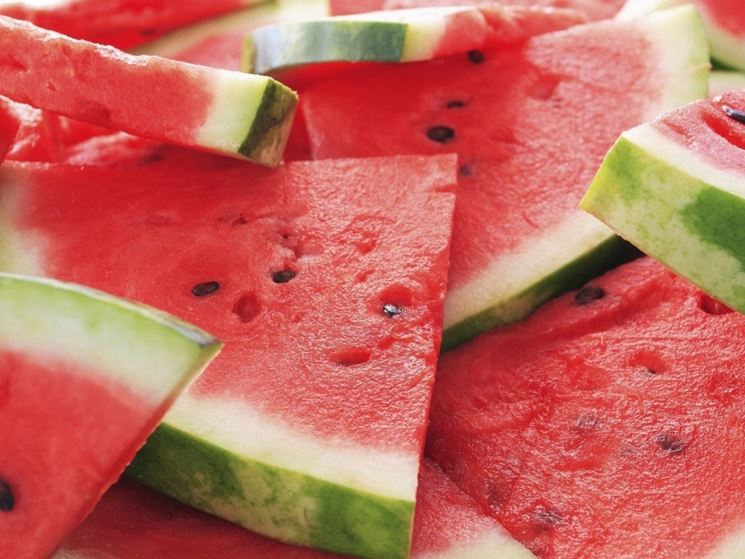
The amino acids contained in watermelon seeds, such as arginine and lysine, cannot be produced by our body. These essential components help the absorption of calcium, favor the formation of connective tissue, an adjuvant for the cardiovascular system and support the male reproductive system. Magnesium is a good ally of the heart, it regulates blood pressure and supports the metabolic process. Watermelon seeds have diuretic properties and stimulate the renal system in case of infections or stones; they have laxative properties due to their high fiber content; they are antioxidants for their contribution of zinc and magnesium and for their fatty acids such as omega 3 and omega 6. The presence of potassium helps in cases of physical fatigue. L’ high protein content can be helpful in fighting protein deficiencies. Amino acids and proteins are essential for muscle, skin and connective tissue rebuilding. They help in the growth and strengthening of the nails.
Watermelon seeds: How to eat watermelon seeds
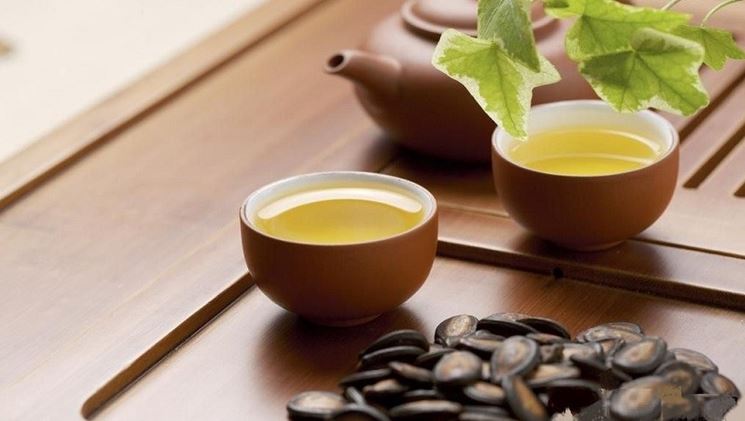
To take advantage of the virtues of watermelon seeds, we must add them to our daily diet. We can integrate juices or smoothies with a handful of seeds or consume them cooked in soups. Asians have the habit of drying them and then making them infusions or adding them to soups. Watermelon seed tea is a natural diuretic and a good laxative. The inventor of this drink was Edward Cayce, made famous for his herbal blends. For his recipe you need four tablespoons of watermelon seeds and two liters of water. The seeds, strictly fresh, must be ground with a blender or coffee grinder until they are reduced to a pulp. Bring the water to a boil and then pour it over the chopped watermelon seeds. After ten fifteen minutes of decanting, filter the drink. It is recommended to drink one cup of this tea for two consecutive days, take a one day break, and then consume up to four cups on the fourth day. Seeing is believing!

